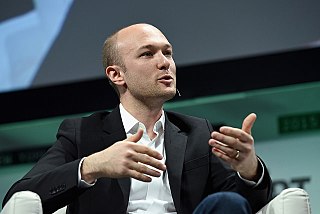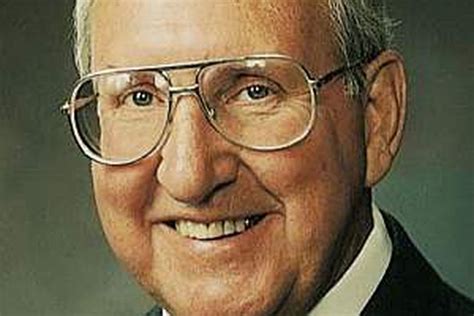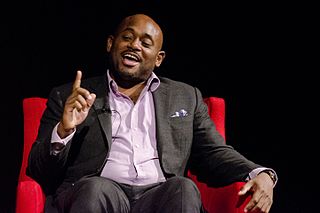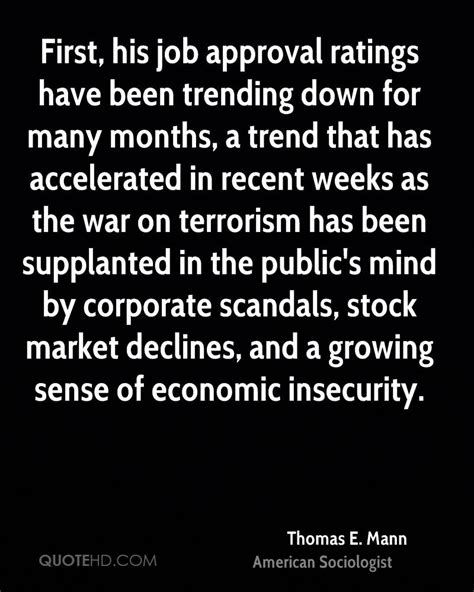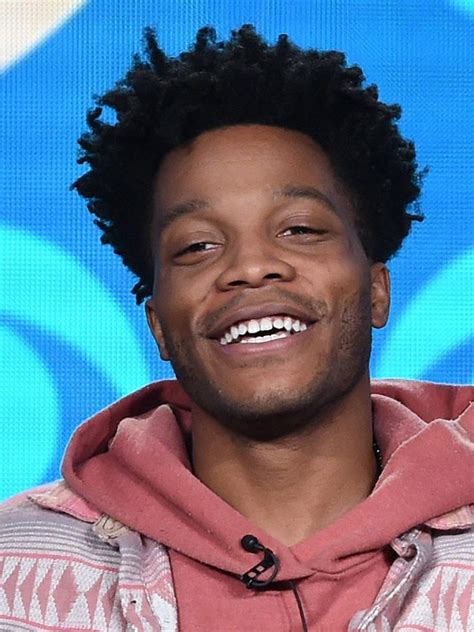A Quote by Logan Green
The Millennial Generation - the biggest American generation in history - is reversing the migration into rural areas and moving back to city centers.
Quote Topics
Related Quotes
It is not difficult to understand why the great God of heaven has reserved these special spirits for the final work of the kingdom prior to his millennial reign.... This generation will face trials and troubles that will exceed those of their pioneer forebears. Our generation has had periods of some respite from the foe. The future generation will have little or none....This is a chosen generation.... I believe today's [Church youth] will lead the youth of the world through the most trying time in history.
Today's children are living a childhood of firsts. They are the first daycare generation; the first truly multicultural generation; the first generation to grow up in the electronic bubble, the environment defined by computers and new forms of television; the first post-sexual revolution generation; the first generation for which nature is more abstraction than reality; the first generation to grow up in new kinds of dispersed, deconcentrated cities, not quite urban, rural, or suburban.
Throughout our history each and every generation has expanded upon the freedoms won by their parents and grandparents. Each and every generation has removed some of the barriers to full participation in the American dream. And the next great barrier standing before our generation is the prohibition on marriage for same-sex couples
My generation those who were students in the late 60s was always, in the words of the Who, talking about our generation. That's what we thought of ourselves, as the most important thing since sliced bread. And the "we" that we meant was really the Western Europeans and American generation. And as I think back I suppose I have a sense of guilt on behalf of my generation, a sense that we were terribly provincial and didn't understand the really important stuff that was going on in Eastern Europe.
Most people just aren't clear-eyed about the rural South. We think that the urban centers are the problem, and the rural areas across the country are idyllic, suffused with good old American values, social values, religious values, moral values. It's what we tell ourselves to keep this political power structure in place, and it's what we see in pop culture, too.
When school district officials literally laughed at the notion that the Me Generation — this was the label for my generation — would jump at the chance to teach in urban and rural communities, their concerns, too, went unheard. My very greatest asset was that I simply did not understand what was impossible.
